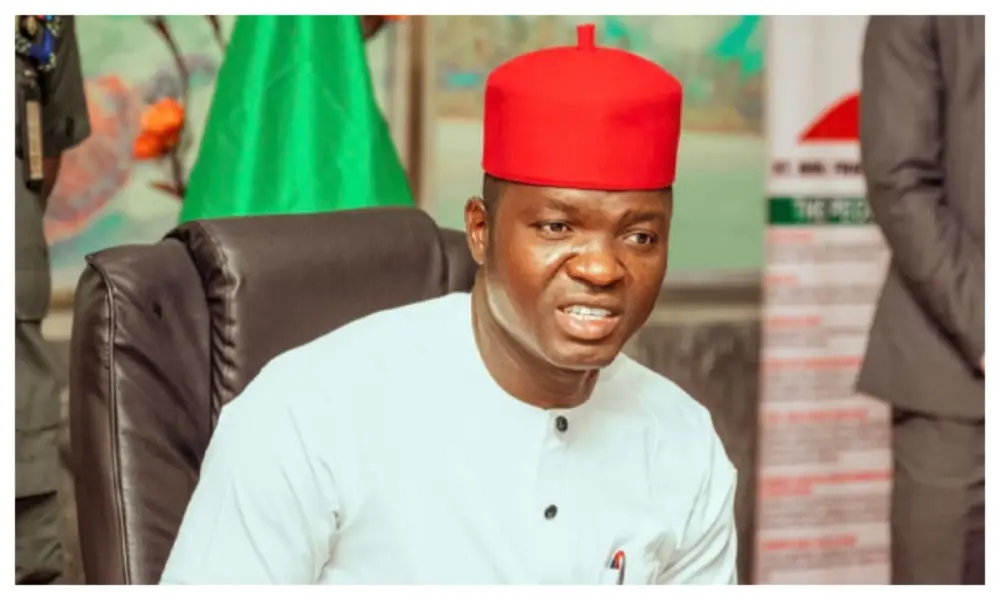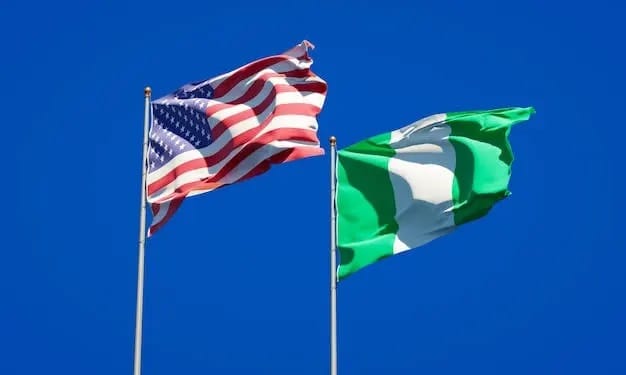National Institute for Cultural Orientation (NICO) has attributed Nigeria’s missed opportunities, delayed progress, strained relationships, social cohesion and low productivity to the ‘African Time Syndrome.’
The executive secretary of NICO, Ado Yahuza, stated this during at the annual roundtable on cultural orientation (ARTCO) organised by Nigeria Institute for Cultural Orientation (NICO) with the theme: “The African time syndrome: implication for national development,” and held in Makurdi.
Yahuza advocated for the inclusion of indigenous languages and establishment of cultural clubs in secondary schools across the country to encourage the promotion and preservation of Nigeria’s rich cultural heritage.
He said the aim of the roundtable orientation is to address the intricacies of Nigeria’s cultural perception of time even as he urged resource persons to shed more light on the challenges, and its implications for national development, its significance and benefits that will come with its elimination towards cultural harmony and national cohesion.
Yahuza said, “The core programmes of the NICO are designed to bring together scholars, policy makers in the cultural sector, relevant stakeholders and various interest groups to deliberate on critical and topical issues with a view to proffering practical recommendations especially from the cultural perspective.”
He lamented, that “poor time management has continuously deprived the country of its deserved development, missed opportunities, delayed progress, strained interpersonal relationships, hindered productivity which impedes on unity among others.”
The Benue State director of National Orientation Agency (NOA), Idris Idoko, in his address, described the initiator of African time is an enemy of progress, adding that African time concept is a menace that has inhibited progress, growth and development in Nigeria and most African countries.
Also, the Ter Makurdi, Zaki Vincent Aule, who commended NICO for keeping faith with the rich cultural heritage of the country and Benue in particular said cultural orientation is vital in fostering mutual understanding, respect and collaboration among individuals and groups.
He described culture as a source of creativity, innovation and diversity that can contribute to economic growth, social cohesion and environmental sustainability.
Different scholars including Prof Charity Angya, Dr Elijah Ikpanor and Dr Naomi Doki presented papers on the consequences of African time syndrome and the need for a radical change.
Discover more from DnewsInfo
Subscribe to get the latest posts sent to your email.




